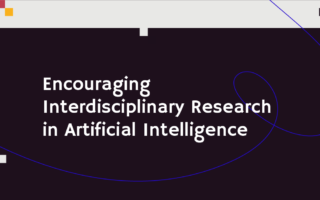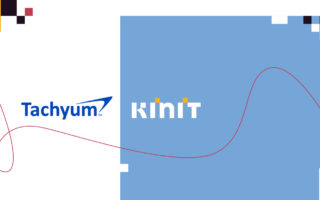What's
Matúš Mesarčík: Artificial intelligence helps predict criminal activities
The President of Argentina has announced the creation of a new security unit that will use artificial intelligence to predict and intervene in criminal activity before it happens. This ambitious project aims to improve the safety of citizens by analyzing data in real time to identify potential threats.
According to the Argentine Ministry of Security, the new unit will be able to detect the movement of criminal groups, predict riots and identify areas with an increased risk of crime. This concept, known as ‘predictive policing’, is based on two main phases: data collection and subsequent analysis using artificial intelligence. In the first phase, large amounts of data are collected from various sources, such as criminal records, historical data, social networks and camera systems in public places. In the second phase, artificial intelligence will analyze this data to identify patterns of behavior that may indicate potential criminal activity.
Our researcher Matúš Mesarčík explains that while similar systems are in place in other countries, the Argentine project is more focused on predicting future criminal activity than on direct citizen control, as in China. Nevertheless, the project has raised concerns among international organizations, which warn of potential human rights violations. They point to the risks associated with the collection of personal data and its potential misuse. Our researcher warns of the so-called ‘chilling effect’, where people may change their behavior out of fear of surveillance, which could have a negative impact on freedom of expression and the right to information. Another issue is privacy and security. It is unclear where this data will be stored and who will have access to it. It is important that such systems are transparent and that the public understands how they work and the consequences.
The European Union recently adopted a law on artificial intelligence, which sets out strict rules for the use of such systems. This law prohibits certain practices that could endanger human rights and requires high-risk systems to undergo a rigorous evaluation. Matúš Mesarčík adds that while legislation often lags behind technological developments, the European AI Act is designed to be dynamic and flexible, allowing for quicker responses to new challenges and risks associated with artificial intelligence.
The introduction of predictive security units in Argentina opens an important discussion about the balance between security and the protection of human rights. It is clear that similar initiatives will continue to polarize public opinion and require careful consideration of ethical and legal issues.
Full interview in Slovak here.


